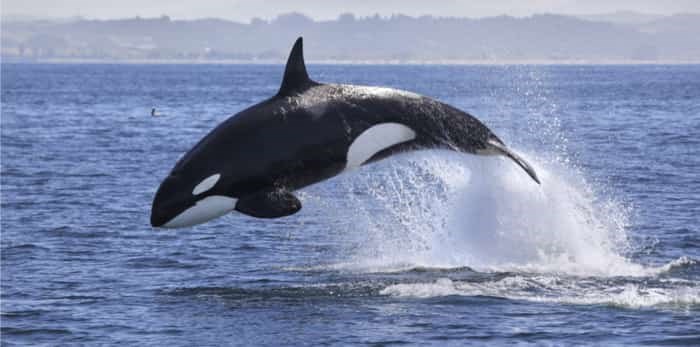On Tuesday, October 24, the senate passed a bill that bans keeping dolphins and whales in captivity in Canada.
The bill is another step in a long battle to keep cetaceans out of theme parks and aquariums. Bill S-203 is an act designed to amend the Criminal Code and other Acts thereby ending the captivity of whales and dolphins.
In addition, the bill also imposes a strict $200,000 penalty for anyone caught breaking it.
According to Animal Justice, the bill was first proposed by Senator Wilfred Moore in December 2015.
“Canadians understand that whales and dolphins are complex, intelligent beings who deserve far more than a life of boredom and misery in captivity,” said lawyer Camille Labchuk, executive director of Animal Justice.
“That’s why Bill S-203 has attracted such tremendous support from the public as well as politicians from all parties. Animal Justice is calling on the House of Commons to swiftly pass this groundbreaking measure to protect whales and dolphins. Canada has some of the worst animal protection laws in the western world, but banning whale and dolphin captivity would demonstrate international leadership on animals.”
If passed by the House of Commons, the bill would outlaw the practice of keeping cetaceans captive, or breeding, importing, or exporting them. There are exemptions for cetaceans currently in captivity, however.
In addition, the Senate also voted in favour of Bill S-238, which is the Ban on Shark Fin Importation Act.

Keeping Whales in Captivity
Of course, the decision comes with mixed reviews. The Vancouver Aquarium, for example, feels that the move has some negative ramifications.
"While yesterday’s passing of Bill S203 at the Senate is a preliminary step, we are disappointed by the outcome. As amended, the Bill provides an unworkable regulatory framework for the timely transfer of a rescued cetacean, should it be required," stated the Vancouver Aquarium in an email.
"Vancouver Aquarium operates the only not-for-profit Marine Mammal Rescue Centre in Canada and the Bill impedes on the ability of our first responders to save sick, injured or stranded cetaceans when needed and impedes our ability to work with others (to rescue and rehabilitate) quickly and effectively. The Bill would also limit field research done by everyone, including government scientists, with a functionally unworkable permit system for the transportation of tissues or blood necessary for scientific analysis."
The bill will now go before the House of Commons.


